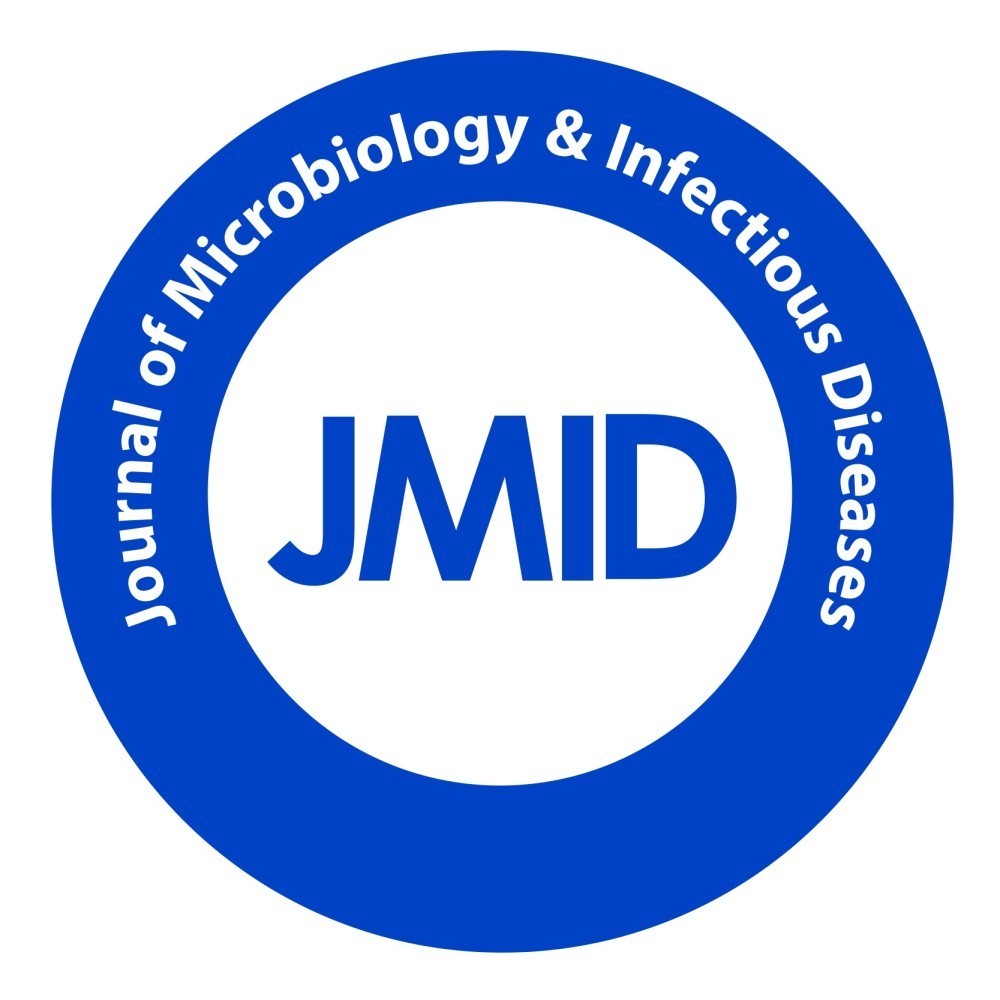
Self-Archiving Policy
The Journal of Microbiology and Infectious Diseases
(JMID) is committed to fostering open access to scientific research and
promoting the wider dissemination of knowledge. Our self-archiving policy
empowers authors by allowing them to share their research at various stages of
the publication process, from pre-submission to the final published article.
This approach ensures that valuable scientific work is not confined by paywalls
and is readily accessible to the global research community.
Pre-submitted Manuscripts
Authors are encouraged to proactively share their
pre-submission manuscripts on preprint servers or repositories before
submitting to JMID. This early dissemination facilitates engagement with fellow
researchers and subject experts, potentially increasing the visibility and
impact of the work. Authors should provide details about the pre-submitted
manuscript, including the repository and corresponding DOI, in the cover letter
during submission.
Submitted Manuscripts
Authors can archive their manuscripts after submission
but before the initiation of the peer review process. To ensure transparency,
authors need to email the journal's editorial office with information about the
repository and corresponding DOI where the manuscript is archived.
Under Review State
During the peer review process, authors retain the
permission to archive their manuscripts. An email to the journal's editorial
office with details about the repository and associated DOI ensures accurate
documentation and transparency.
Accepted Manuscripts
Once a manuscript is accepted for publication, authors
can archive the accepted version. Authors are required to email the journal's
editorial office with information about the repository and corresponding DOI.
Published Articles







